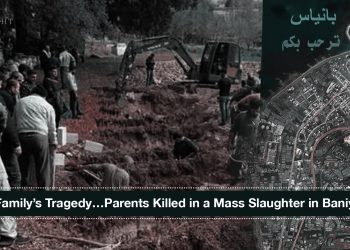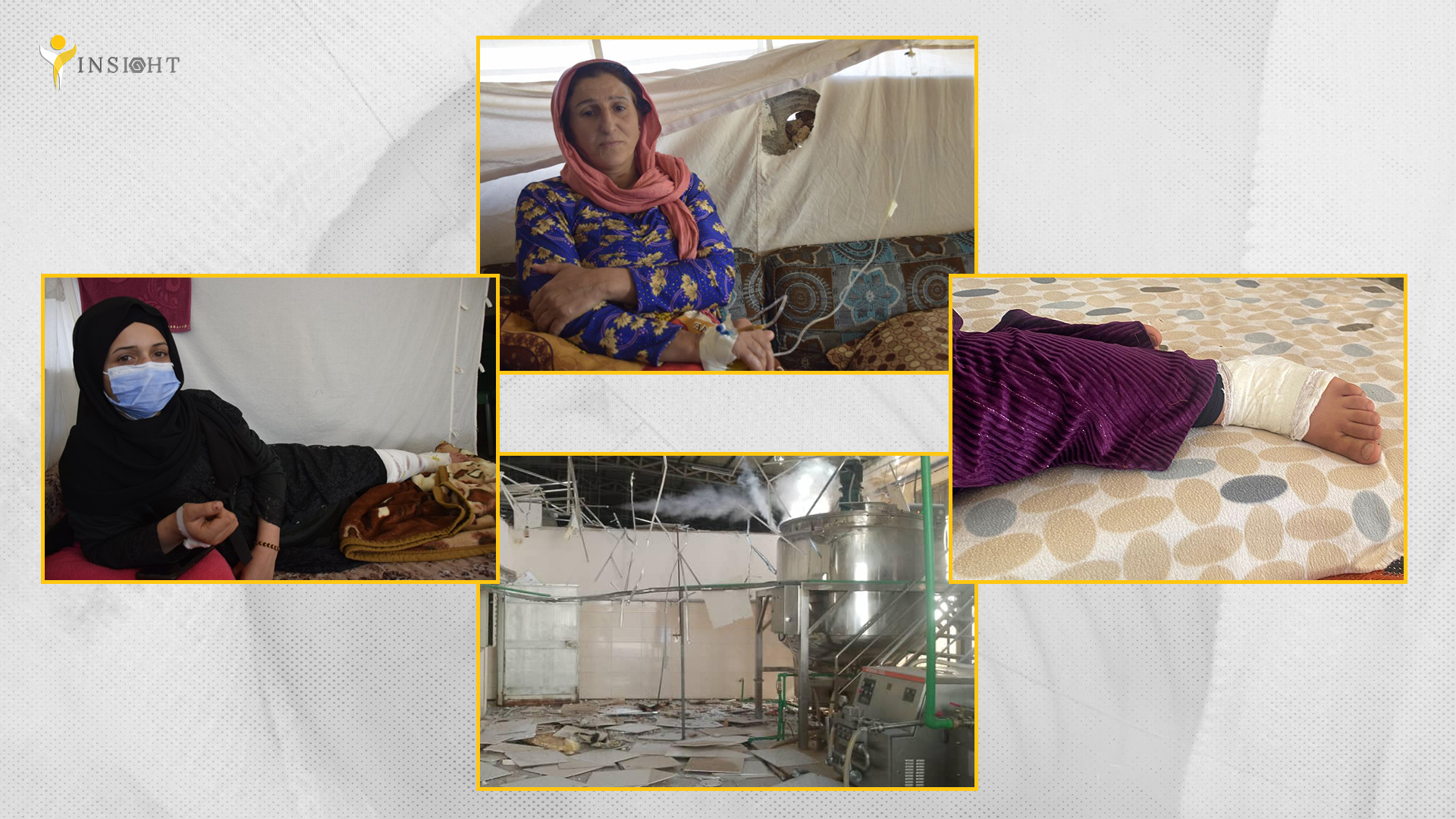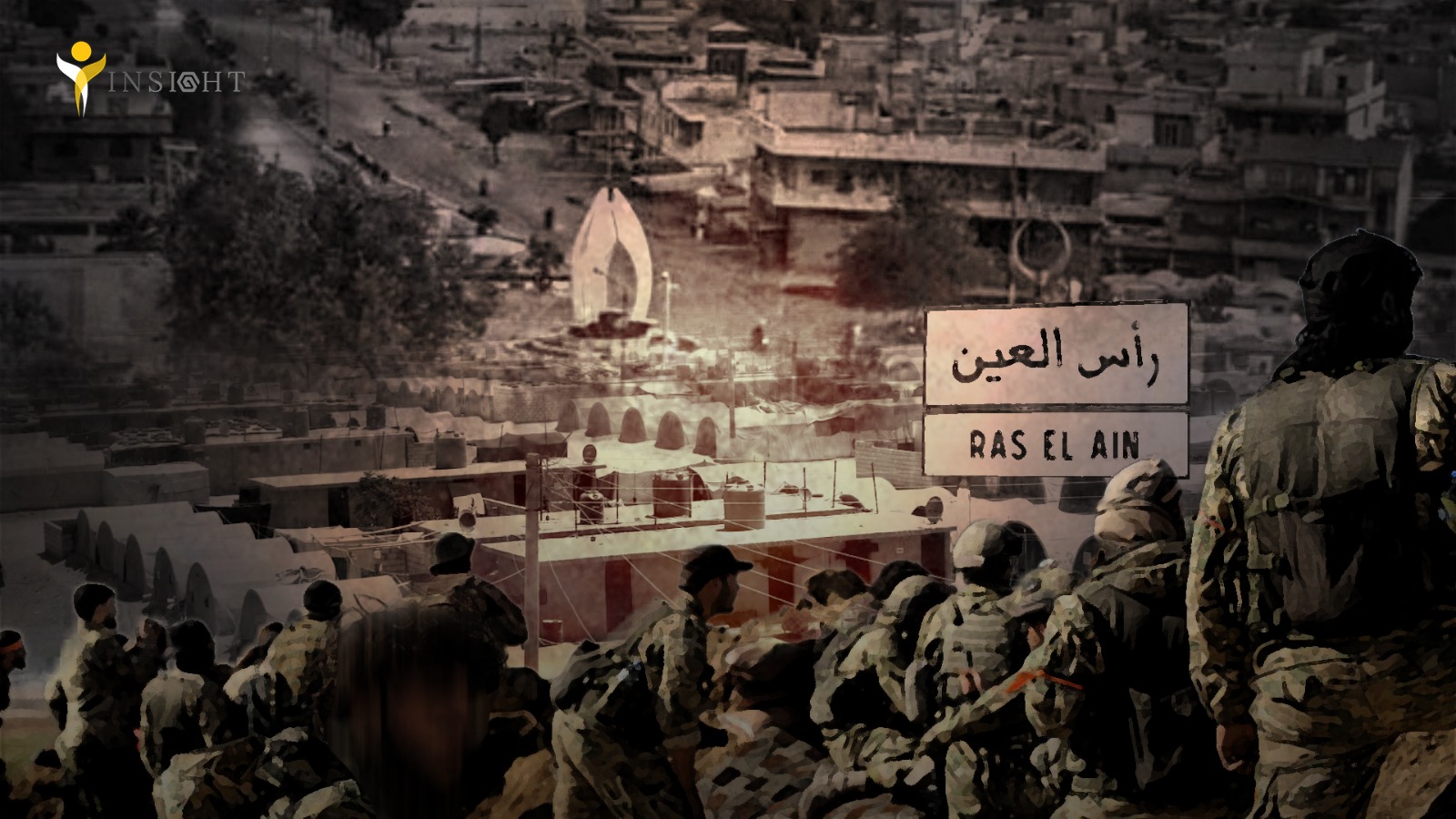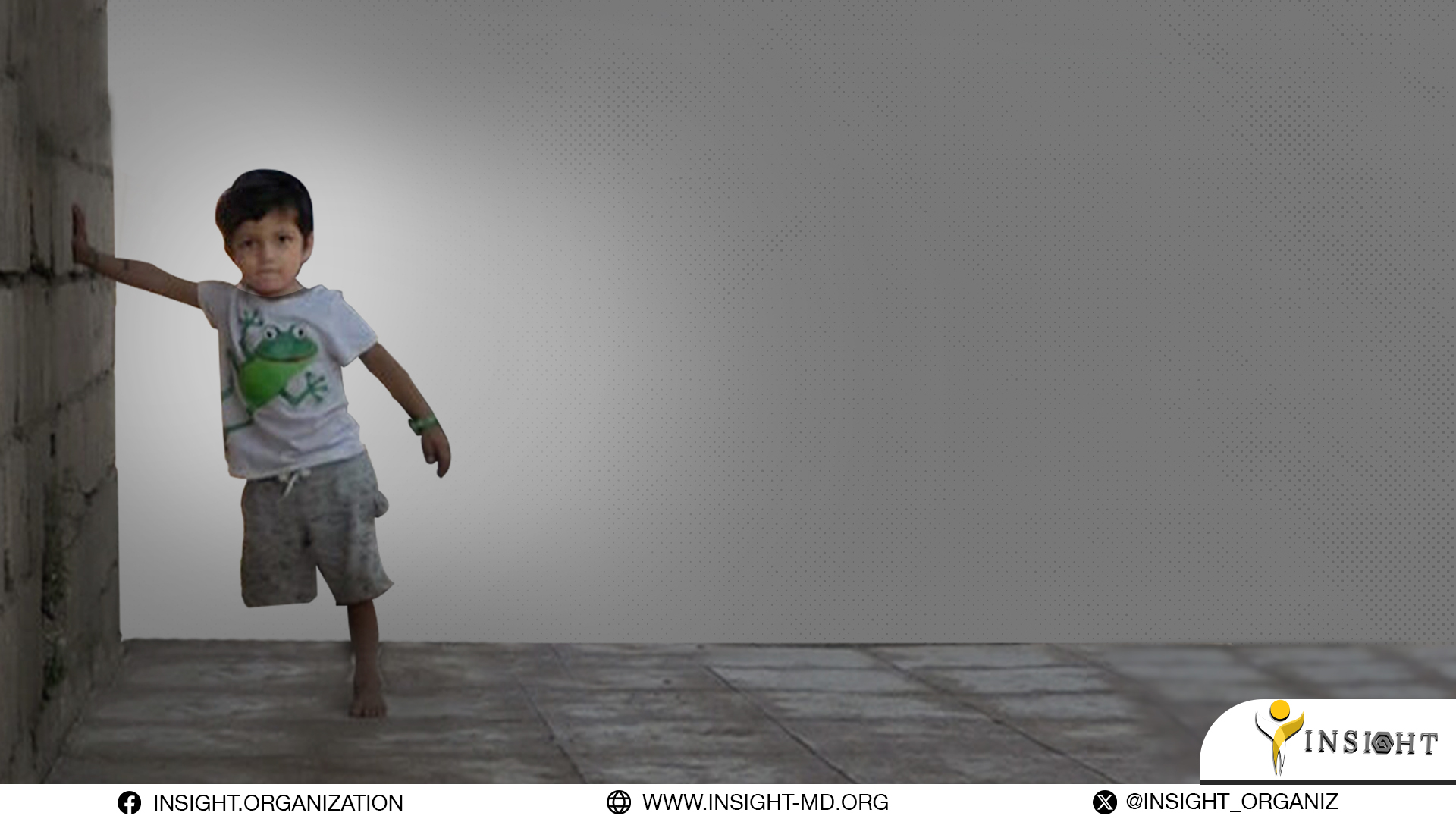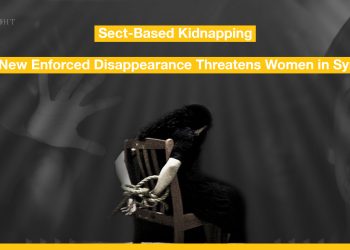This case study presents the killing of civilian Salih Sweleh as a result of indiscriminate shelling on a town in Hasakah’s countryside in northeast Syria late in 2023, addresses the responsibility of this incident, and shows its impact on the victim’s family.
Does what happened to Sweleh and his family qualify as a violation of their rights? And are there any avenues for accountability and justice?
Indiscriminate shelling
Sweleh, 67, was killed in a shell that fell in front of his house in the town of Shaddadi in northeast Syria on Dec. 27,2023.
The man was sitting ahead of his house when the shell fell and a shrapnel severely injured him.
He was a retired employee at the government’s Ministry of Oil and Mineral Resources and a father of several children, including a 10-year-old child.
The family and neighbors believe that Iranian-backed militias are likely responsible for the strike.
Earlier, a nearby U.S. base – 500 meters far from the neighborhood – was repeatedly targeted by Iranian-backed militias. Some of those attacks the Islamic Resistance in Iraq claimed responsibility for following the escalation in Gaza Strip.
There are fears of targeting residential areas near the U.S. base in the town.
Many other individuals who were with Sweleh, including his wife, son, and neighbors, were subjected to grave dangers.
It took a week for a woman from the neighborhood to recover from the shock she experienced when she went out after the shell fell, inhaling the dust and witnessing the victim.
The indiscriminate shelling by parties to the conflict in Syria, targeting cities and villages as if they were a single military target without distinguishing between military points, civilians, and civilian objects, is considered a prohibited practice under international law. This practice threatens the lives of civilians, violates their fundamental rights, and creates a state of insecurity.
The ongoing indiscriminate targeting in northeastern Syria exposes the population to additional risks and creates a state of instability that sometimes leads to displacement to safer areas where suitable housing and living conditions may not be available.
“No official solidarity”
Emad Sweleh believes that several parties, including the Global Coalition to defeat the Islamic State (ISIS), are responsible for the lack of follow-up, investigation, and compensation in the incident of his father’s killing.
Sweleh is concerned about the fate of his younger brother, who is still a child in need of care, in addition to his father’s wife who lost her breadwinner.
After approximately two months since the incident, Sweleh wonders, “Who is responsible for my father’s killing? No one has visited us, no one has been convicted, and we have not received any official solidarity.”
No party has explicitly claimed responsibility for launching three shells on Dec. 27, 2023 on Shaddadi. Neither the Syrian government nor the Autonomous Administration in North and East Syria (AANES) has declared Sweleh as one of their martyrs.
The majority of Hasakah is under the influence of the Syrian Democratic Forces (SDF). While, the Syrian government controls two areas within the cities of Hasakah and Qamishli, as well as several villages south of Qamishli. However, Turkey and the Turkish-backed armed opposition factions, aka the Syrian National Army (SNA), control the city of Sere Kaniye (Ras al-Ain), north of Hasakah.
Salem Ismail, a neighbor, says, “The elderly man used to sit here just to relax. He had no connection to military or political factions.” Ismail believes that the shell did not come from military positions, stating, “Groups or cells likely launched the shell.”
Missing fairness means
Sweleh the father had eight male and two female children from his first wife, who passed away in 2008. However, they and their families have been affected by the difficult living conditions in the area and do not have the resources to support others.
Sweleh the son demands recognition of his father as a victim of war – civilian martyr – in order to provide his wife and young child with support by the AANES, as it helps families of martyrs, such as providing them with food assistance or opportunities for employment in its institutions.
The region currently is witnessing instability due to the constant fighting among the parties to the conflict, in addition to the existence of detention centers and camps that hold ISIS militants and their families.
In the last three years, the mutual attacks between the U.S. forces in northeast Syria and the Iranian-backed militias have escalated.
International humanitarian law stipulates the principle of distinction in military operations between civilians and military personnel. However, since the onset of the conflict in Syria, this principle has been repeatedly violated, exposing civilians to loss of life and property. There is a lack of effective mechanisms to address these violations, including the absence of adequate reparation programs. The challenging security situation makes it difficult to conduct timely international investigations, further impeding avenues for redress.
“Given the gravity and serious consequences caused by gross violations of human rights, a range of complementary reparation measures (restitution, compensation, rehabilitation, measures of satisfaction, and guarantees of non-repetition – Principles 19-23, 2005 UN Basic Principles) will be needed to appropriately and effectively remedy victims’ harm”.
In the light of the fragmentation of Syria’s political situation and the international community’s lack of recognition of the AANES, the only immediate recourse is to preserve evidence and document violations, including presenting reports and files of aggrieved ones to UN bodies such as the Human Rights Council through its mechanisms and committees like the Independent International Commission of Inquiry on Syria. It is crucial to call for the deployment of fact-finding missions to facilitate accountability for the parties responsible for the attacks and ensure they are not exempt from punishment in subsequent stages.


